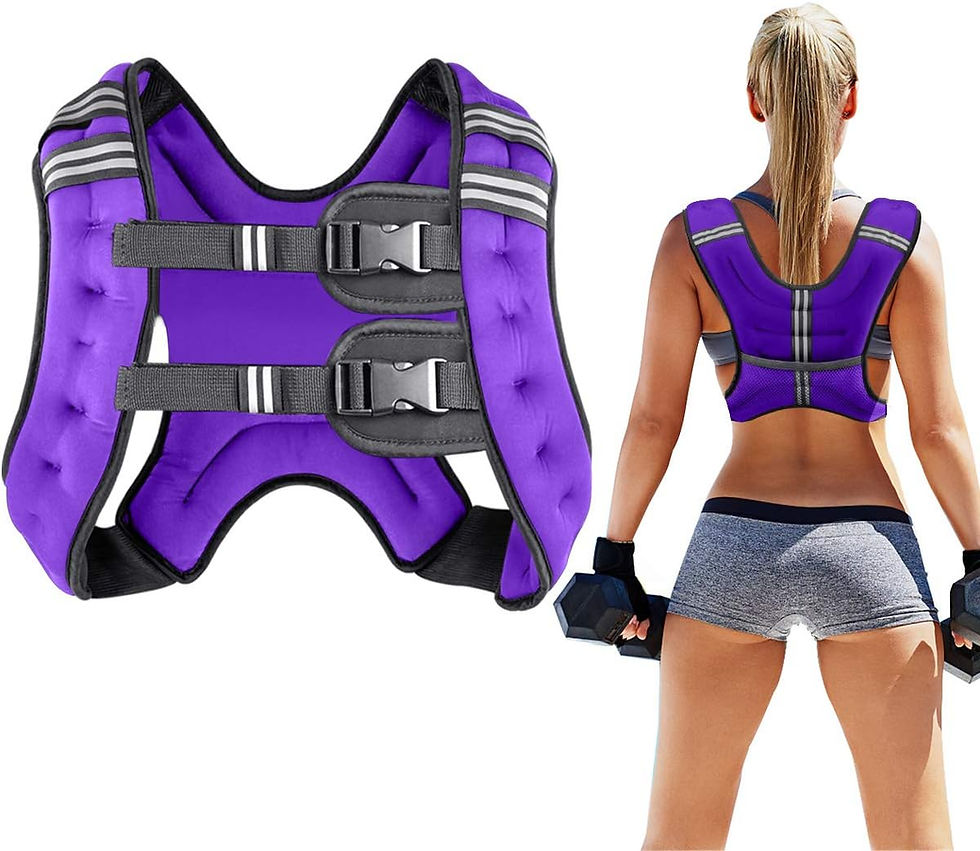We have so much to learn about Menopause, let's look at what we know right now!
- capeconciergept
- Sep 13, 2024
- 2 min read
Muscle and bone mass decline with aging, increasing the risk for sarcopenia (muscle loss and weakness) and osteoporosis (bone density loss) in later life. Whether physical activity is an effective tool to counteract potential deterioration in muscle and bone during the menopausal transition and thus postpone or prevent sarcopenia and osteoporosis in later life remains partly unresolved. This lack of information is completely frustrated to this Physical Therapist. I want to be able to give my patients the BEST available information, but we have so much to learn.
So ... what DO we know now about Peri-menopause, menopause and post-menopause?
Women experience drastic hormonal changes during midlife due to the menopausal transition.
Menopausal hormonal changes are known to lead to bone loss and potentially also to loss of lean mass.
Hormonal changes start approximately 5 years before and continue years after the final menstrual period.
Because of the obvious beneficial effects of physical activity on muscle and bone health, physical activity is recommended for the prevention and treatment of osteoporosis and sarcopenia.
Most people will reach their peak bone mass between the ages of 25 and 30. By the time we reach age 40, we slowly begin to lose bone mass.
Typically, muscle mass and strength increase steadily from birth and reach their peak at around 30 to 35 years of age. After that, muscle power and performance decline slowly and linearly at first, and then faster after age 65 for women and 70 for men.

How do we measure muscle mass and bone density in the clinic and in REAL time?
Using a Complete Body Anaylsis Scale in the clinic, we can measure:
Weight (lbs & kg)
BMI (Body Mass Index)
Body Fat %, Visceral Fat %, Subcutaneous Fat %, Fat mass
Body Water %, Water weight
Muscle Mass, Muscle rate %, Skeletal Muscle
Bone Mass Weight
Why is this helpful for us?
If we know how much muscle mass and bone mass you have, we can determine how resilient you. And isn't that what we all want? I know that I want to be strong and resilient. I want to have know that I am gaining and/or retaining my bone mass and muscle mass as I age.
Let's combine what we know and what we need to know!
We KNOW we lose muscle mass and bone density as we age and Menopause has a huge impact on the speed of that process. If, we can now KNOW what are existing muscle mass and bone mass are, then we can better measure progress or regression to take better control of our future selves.



Comments